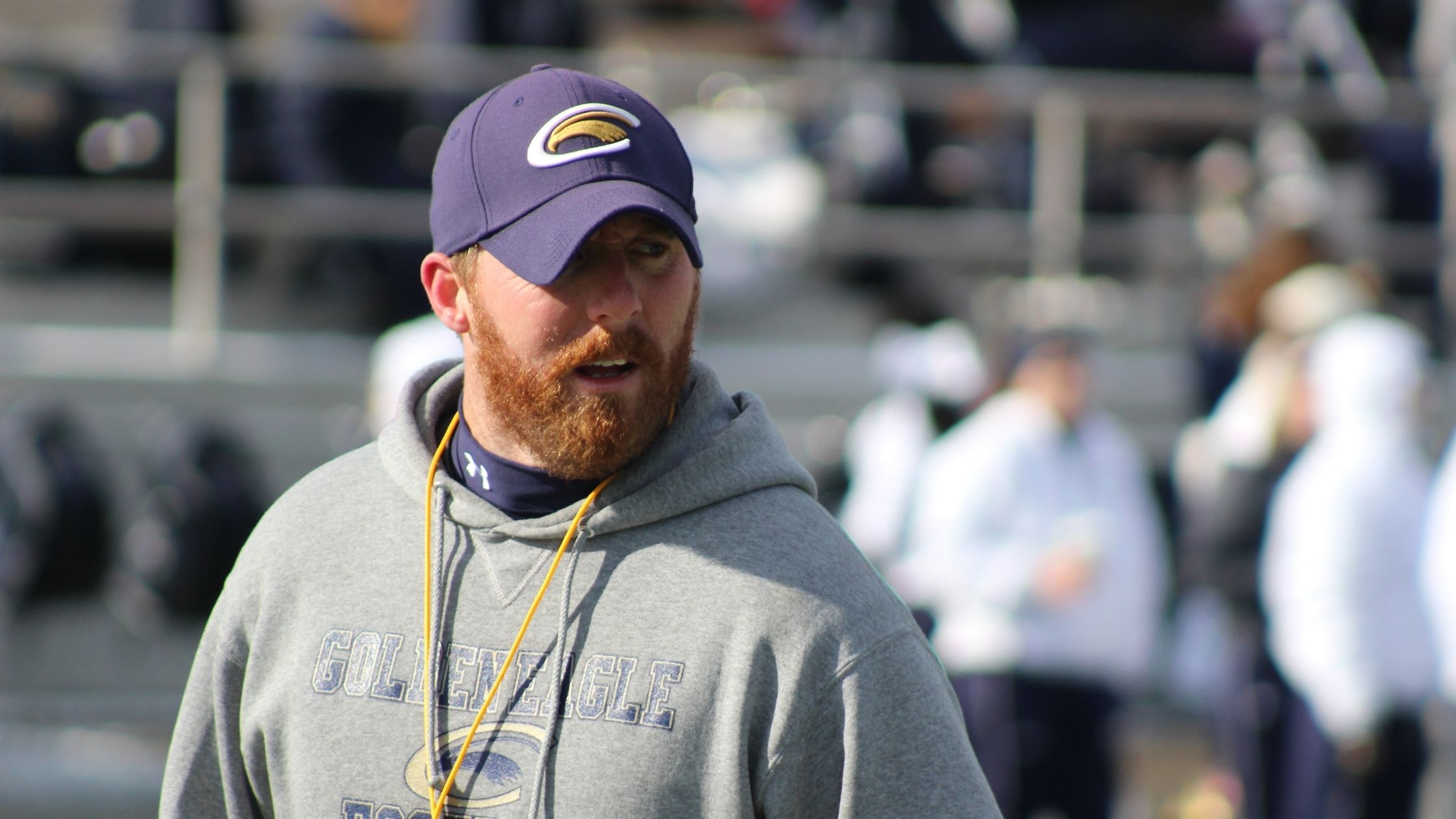Everyone likes to think of themselves as an undiscovered tactical genius, a charismatic coach and a leader of men. Or that’s certainly what you’d think if you ever sat down and watched a live sports game with the average American man.
On our sofas we all think we know better than the man on the touchline, but it isn’t as easy as it seems to be a great coach. In this article we take a look at some of the key characteristics needed to become a coach that can outclass their opposite number and inspire the players under them on to greatness.
Teaching
From the outside coaching looks fairly easy, especially at the highest levels of sport. All coaches have to do is assemble their incredibly gifted roster of players into a winning formation. It’s not quite as simple as that though.
One often overlooked responsibility of a coach is one of the most obvious – the name should be a giveaway – to teach or coach their players. A good coach should not just be aiming to win as many games as possible, they should also be aiming to improve the players under their guidance.
This is done by explaining complicated concepts and, effectively, teaching their players to be better every day. One of the best contemporary examples of a coach that is also a teacher is Arizona Wildcats Head Coach Tommy Lloyd.
The 47-year-old got off to a spectacular start, winning his first 5 games to see his sides odds shorten in the college basketball betting. The most arresting aspect of Lloyd’s tenure so far though has been how his players have developed individually and collectively.
He has brought the best out of them through his dedication to teaching and coaching, an approach that will serve him well in his future career.
(Tommy Lloyd gives an insight into his coaching philosophy.)
Standard Setting
Standards are the support structure behind any great organisation. If a team is going to be successful they have to abide by a certain set of standards which are defined by their coach. Anyone can say that they expect high standards of their players, but only the truly great coaches’ understand how to make them work.
The best coaches set high standards and not only adhere to them themselves but enforce them ruthlessly. A classic example is that of hard-work. Everyone wants to say that they will outwork and outfight their opponents, but very few manage to do so consistently.
That’s because they don’t set standards for that in everything they do. Their coach doesn’t uphold a strict standard of hard-work in training, in public duties and in private. Great coaches however set standards and then lead by example.
This way they can demand more from their players and cultivate an atmosphere of commitment to excellence.
Tactical Nous
You can be the hardest working coach on the planet, but if you don’t understand the game that your players are playing then you will never be successful. Even then, a good understanding is no guarantee.
The best coaches, the ones who consistently win things are the ones that are constant students of the game. They are not content to sit in their comfort zone and stick to the principles of yesteryear, instead they are continuously trying to improve their tactical understanding and savvy.
In tight games against great opponents, tactics are the difference between victory and defeat.
Motivational Skills
Highly-paid athletes shouldn’t need to be motivated to go out and do their jobs but the truth is they do. It’s human nature to rest on our laurels at times and retreat back into our comfort zones, which is why successful teams need truly motivational managers and coaches.
In games of fine details and small percentages the extra adrenaline that a Goosebumps inducing team talk can give is priceless. Don’t believe us? Take a look at Drew Brees, the man who helped to turn the New Orleans Saints from a shambles into a Super Bowl winning outfit in just three short years.
Brees’ motivational and empowering team talks not only inspired his players but helped to galvanise an entire city still reeling from the devastating effects of Hurricane Katrina.
(Highlights from some of Drew Brees most motivational pregame talks.)
Listening Skills
It’s tempting to be headstrong and macho when you’re a coach, to think that you know better than everyone else and to demonstrate that belief at every possible moment. Only the best coaches though, know that that is not the case.
No matter how tactically astute you may be, you can’t know exactly how something feels out there on the field when you’re stood on the side-line watching. The best coaches then are the ones that speak to their players to gain feedback of how plans and instructions are faring out on the field.
Knowledge is power. Great coaches ask for feedback from their players so that they can adapt their tactical plans to benefit the team. One of the most famous proponents of this method was fabled Arsenal soccer coach Arsene Wenger.
At half-time of every game the Frenchman would allow his senior players to lead the talking whilst he listened on. After hearing of their complaints and observations he would then step in and adjust his tactical plan and offer solutions to the problems they were encountering.
It was an approach that allowed Wenger to become the most successful coach in the history of Arsenal.

